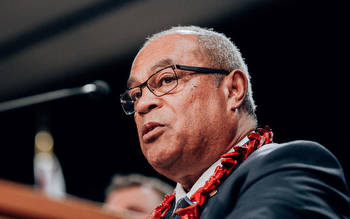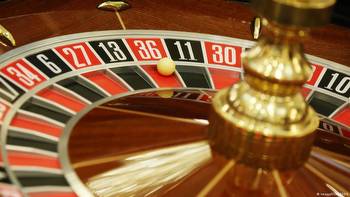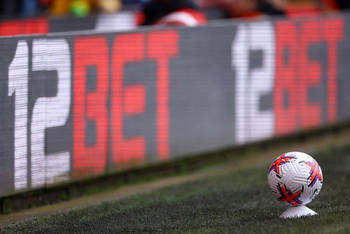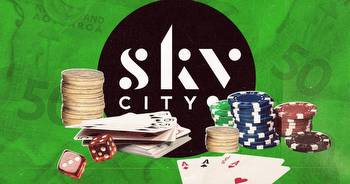Government could fix gambling but won't
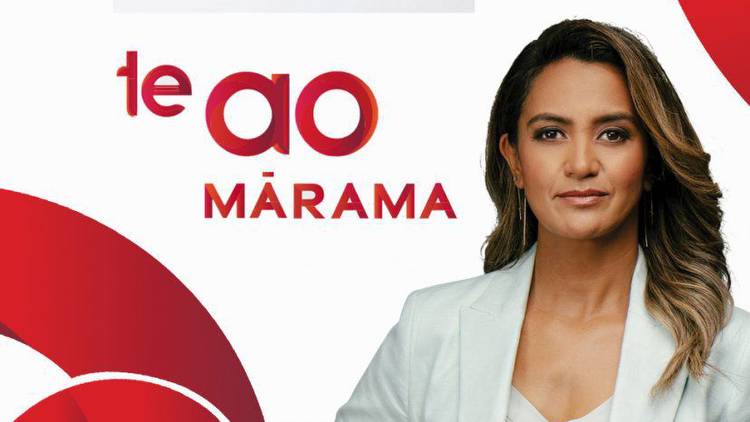
You unlock your iPhone with your face, so why isn't that tech being used to end billions of dollars in gambling harm that affects 250,000 adults and their whānau every year.
Māori TV has agreed to keep the name of this contributor anonymous to protect the whānau involved.
OPINION: I’m sitting in my car outside a sketchy pub on the east coast with the person I love more than anything in the world.
Usually, the location wouldn’t matter. It’d be a great day. I’d go anywhere with him.
But instead, it’s one of the crappiest days of my life, and one that I feel doomed to repeat until either we break up or he goes to jail for theft.
"Get f****d! I’m not going in there to get a f***ing mug shot in front of every ***** I know," he gripes.
Aroha mai about the language. I want a polaroid of him so the pub we're at knows he's a problem gambler and will keep him out.
His reaction's the everyday battle people face as we try and help our loved ones get banned from the pokies, the TAB, or casino. This is how I spent my weekend, on the world’s worst pub crawl, pub to TAB to pub, all places he’d gone, searching for the big payout that never paid out.
"Nah, you’re a good bastard. You don’t have a problem, do ya my bro?" one publican greased, a guy whose brotherly love helped my partner flush three grand into the TAB coffers the night before. He either doesn’t get addiction or, like the government, turns a blind eye.
The polaroid would probably be filed away in a dust-capped ring binder under the bar, with an iron-clad guarantee that my partner won’t ever be able to gamble in that facility again, or until the next bar shift at 3pm.
You might be yawning by now, thinking 'this doesn’t matter to me, nobody I know or love is a problem gambler'.
But in all likelihood you’re wrong.
Gambling in this country is a hidden crisis. About 250,000 adults, the size of the population of Wellington, are struggling with some form of gambling issues. They’re kuia and koroua, parents, sisters, brothers. It will be someone you know or someone that's being affected by their actions.
There’s an irony the last variant of gambling in Aotearoa popped up 30 years ago with the internet. Yet for some reason the only "vax" we’ve got to deal with it is a ring binder.
It’s 2022, the age of driver-less Teslas, Uber Eats and algorithms. And that damn ring binder is all we have. If gambling is so bad, surely we would have developed solutions to tackle it?
Well, it turns out we did. In 2013 a New Zealand company developed a world-first facial recognition system - similar to what's on your iPhone - that submits images of problem gamblers to a national database so they're excluded from gambling venues.
As soon as it was released, the Department of Internal Affairs, our government body tasked with policing problem gambling, weighed in. They hated it.
"Caution urged regarding the use of facial recognition software", stated a July 2013 press release that’s still available on the DIA website today.
It didn't make sense to me. This is a government that frantically deployed facial recognition in our airports almost a decade ago to hedge against a terror threat that never came.
Almost 6,000 publicly funded security cameras in Auckland monitor our every move using similar tech.
And intelligence agencies just got an additional $100 million over four years to spy on us.
So what’s the rub with gambling?
It comes down to our government.
Aotearoa’s pokies are dominated by enormous overseas interests like SkyCity. But the biggest stakeholder in betting is the government’s TAB via its gambling body, the New Zealand Racing Board.
Remember when Winston Peters was the minister of racing once upon a time?
By all accounts, the TAB is nailing it (or nailing families at least). Racing board revenues are about $2.67 billion a year. That trumps the $1.8 billion from tobacco levies, and dwarfs the $1.2 billion from petrol tax.
Those so-called government "revenues" amount to a loss of about $500 a head for every man, woman and child in Aotearoa every year.
Collectively, we lost $2.25 billion to gambling last year but we don’t really hear about that because the inmates are running the asylum.
If this $500 was a pointless new tax levied by Labour, National would be up in arms. A cut to social services? You’d never hear the end of it from the Greens. This issue? It's as silent as an urupā.
These numbers don’t account for online overseas gambling by the way, for which tons of technology also exists to combat but, if the government regulated them, they’d also have to regulate themselves.
People that really get gambling say there’s an interesting issue about it which government and the industry rely on - people won’t bitch about what they lose.
Problem gamblers are frequently successful in other areas of life. They’re often business people, lawyers, sportspeople who think they can beat the system. Others are just desperate and, when they do lose, they hide the fact that they've bet the little money the family has, on red.
Either way, the chorus of people demanding rule changes is a small one.
Forget the vaccine protests. That camp outside Parliament would be better served fighting the mandate our government has given to programmers of pokie machines.
The media can take some blame too.
I reported earnings results of Casino giants like SkyCity with adulation and zero thought about where that money actually comes from. When the $400 million SkyCity convention centre went up in flames, I led hours-long live coverage despairing at the damage. Occasionally I'd point at the air bridge, the umbilical cord to the casino, the money taker and misery maker.
I remember one bloke on the balcony slot machines that day. Flames rising 10-foot high behind him, he didn’t turn around or flinch. When staff tried to evacuate him, he didn’t want to leave. I thought it was staying power. Today I know it’s addiction.
"SkyCity says NZ lockdown is costing it $1m in profit a day’ was a recent headline. But don't feel bad for a business whose Aussie bosses make hundreds of millions a year from us. It just means taking the Jag on their next business trip to schmooze our politicians, instead of the jet.
‘Lockdown saves Kiwis $1m a day at SkyCity’ is a better headline.
Another media report I saw looked at pokie operators lobbying against a $5 million increase to the levy that funds rehab programmes for problem gamblers. The current levy is just 1.3% of gross profits.
The reporter explained the lobby group was upset because the Salvation Army was apparently useless at spending hard-earned gambling profits rehabilitating people. They wanted "better results from gambling addiction services". These are services that get less funding than SkyCity and Lotto’s annual marketing budgets.
The reporter also parroted talking points about how the Sallies’ funding might be better invested into the casinos themselves. Seriously!
Let me circle back to the facial recognition software that was slammed by the government. It turns out SkyCity put similar tech into its casinos some years ago and recently started sharing data with the Ministry of Health. But the data wasn't used by the ministry for a national database to defeat problem gambling. Instead, it was used for Covid-19 tracing.
If you really push politicians, they’ll put on sad faces about problem gambling, but they're pretty gutless. They won’t say the government oversees the largest gambling network in the country through TABs. Or that it rivals tobacco and alcohol as the most addictive, profitable, legal business known to man.
They definitely won’t tell you what they plan to do about it.







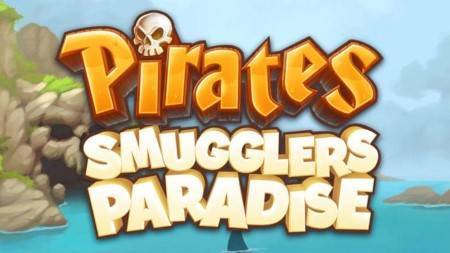
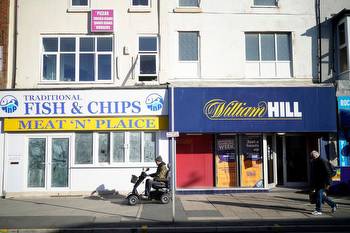
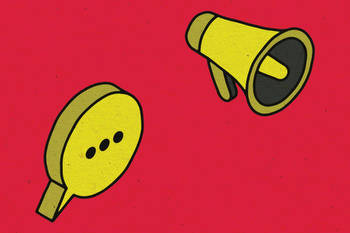
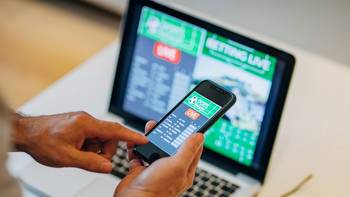
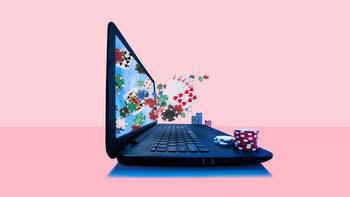

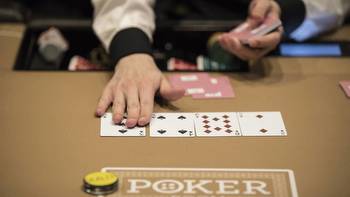
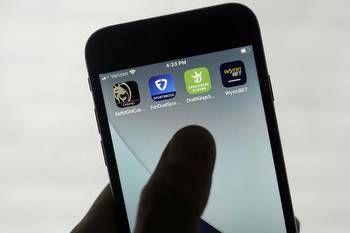
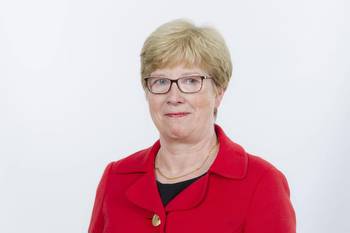


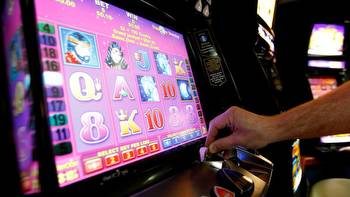


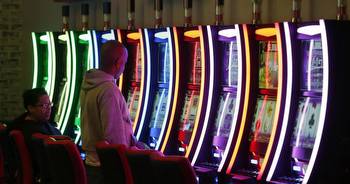
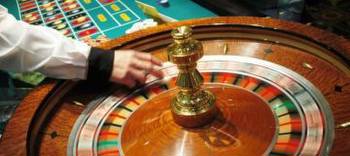
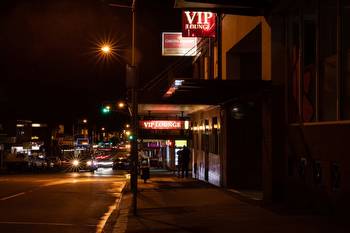
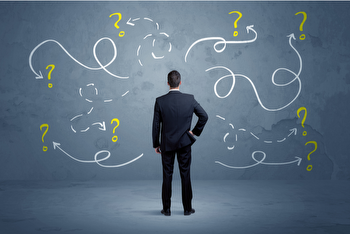
![Keith Whyte on the hidden harm of foreigner-only casino policies [Podcast]](/img/di/keith-whyte-on-the-hidden-harm-of-foreigner-only-casino-policies-podcast-2.jpg)
